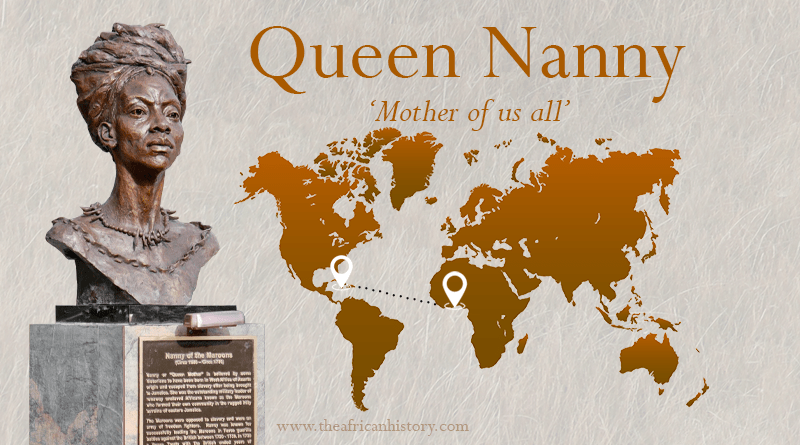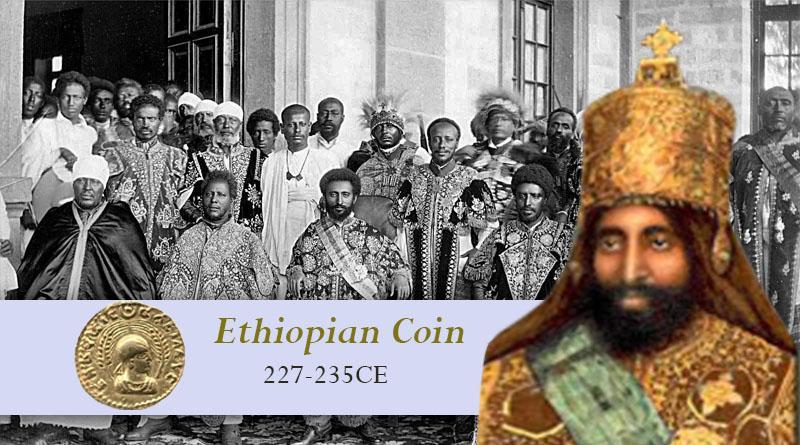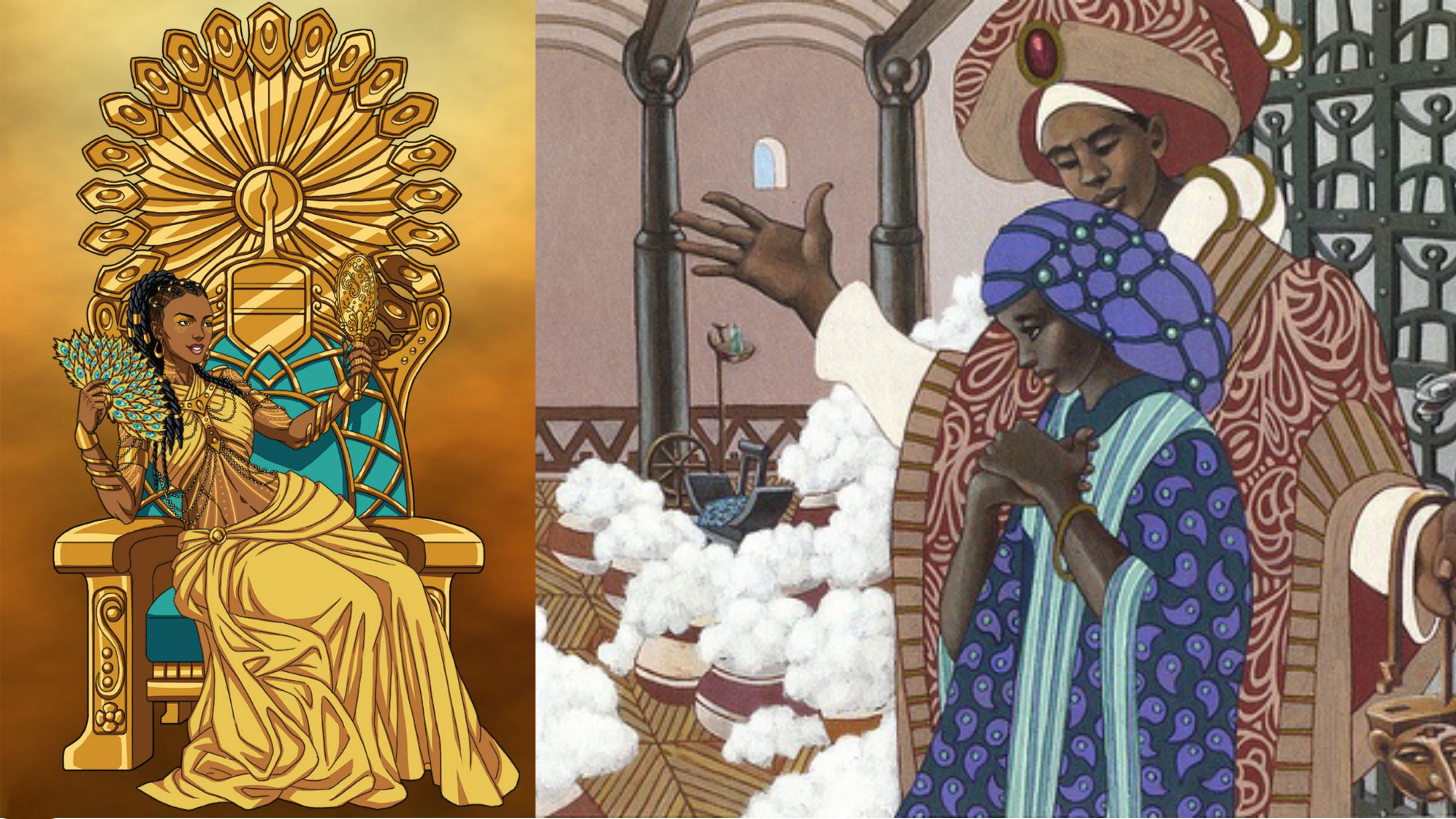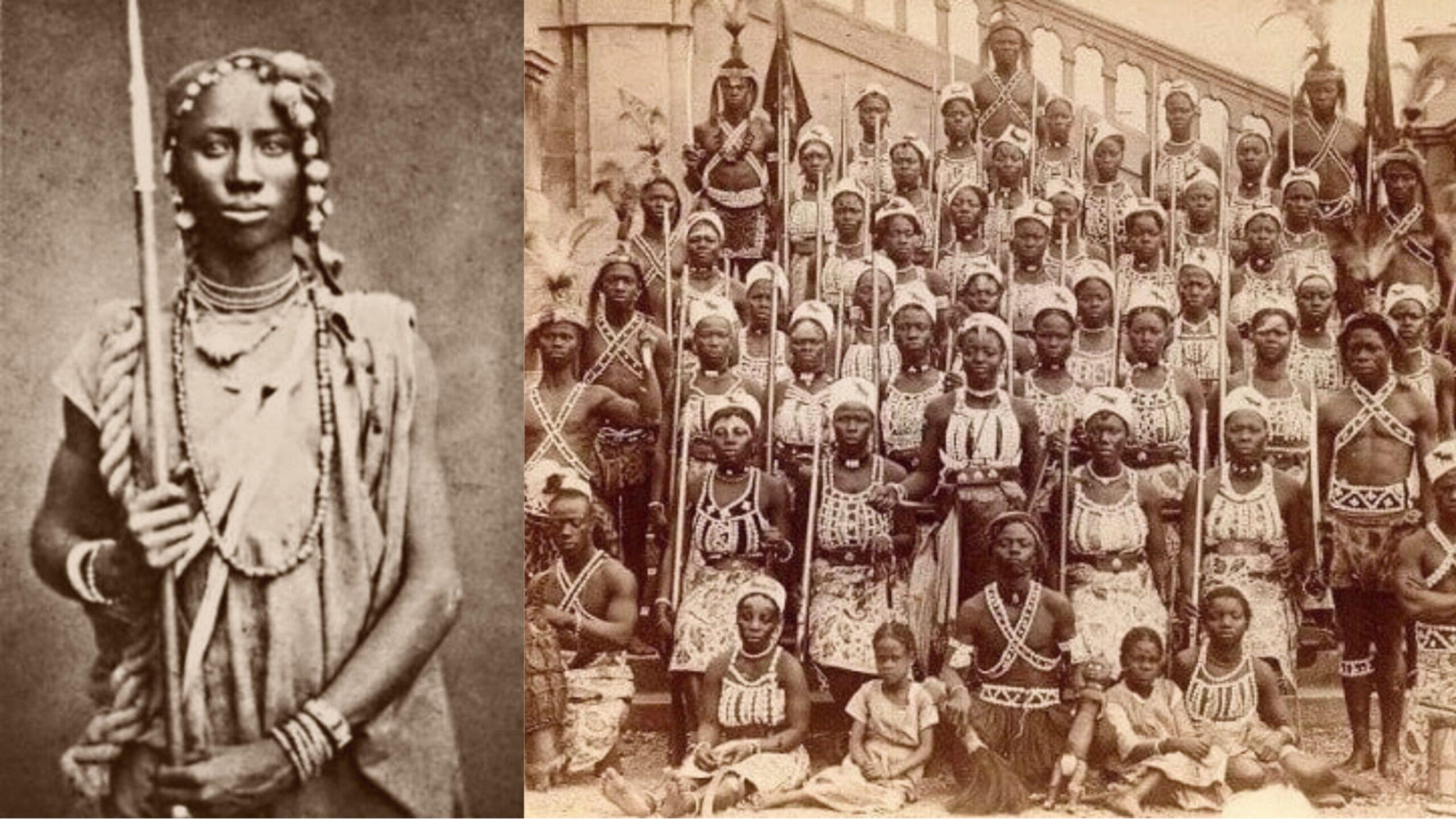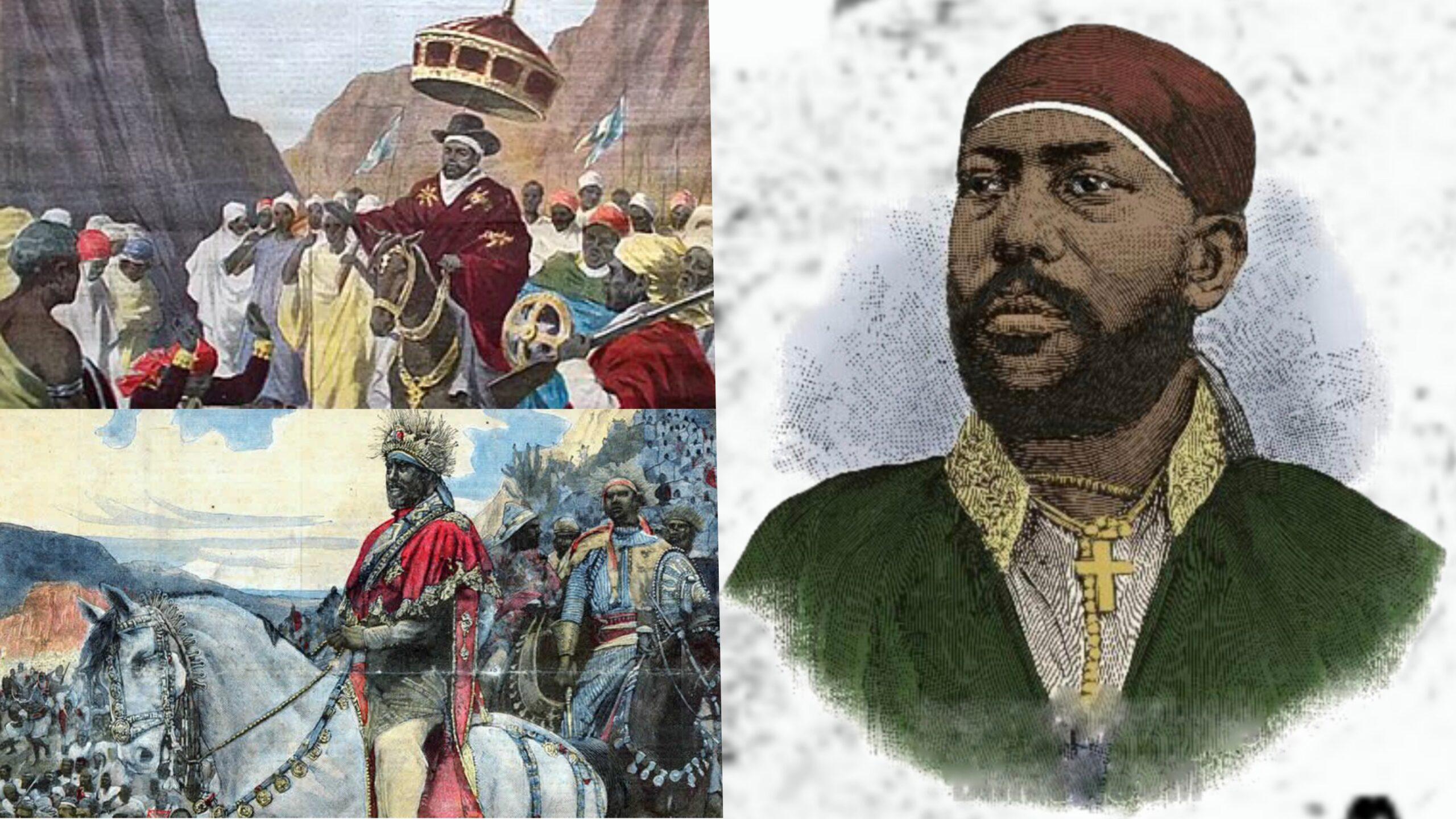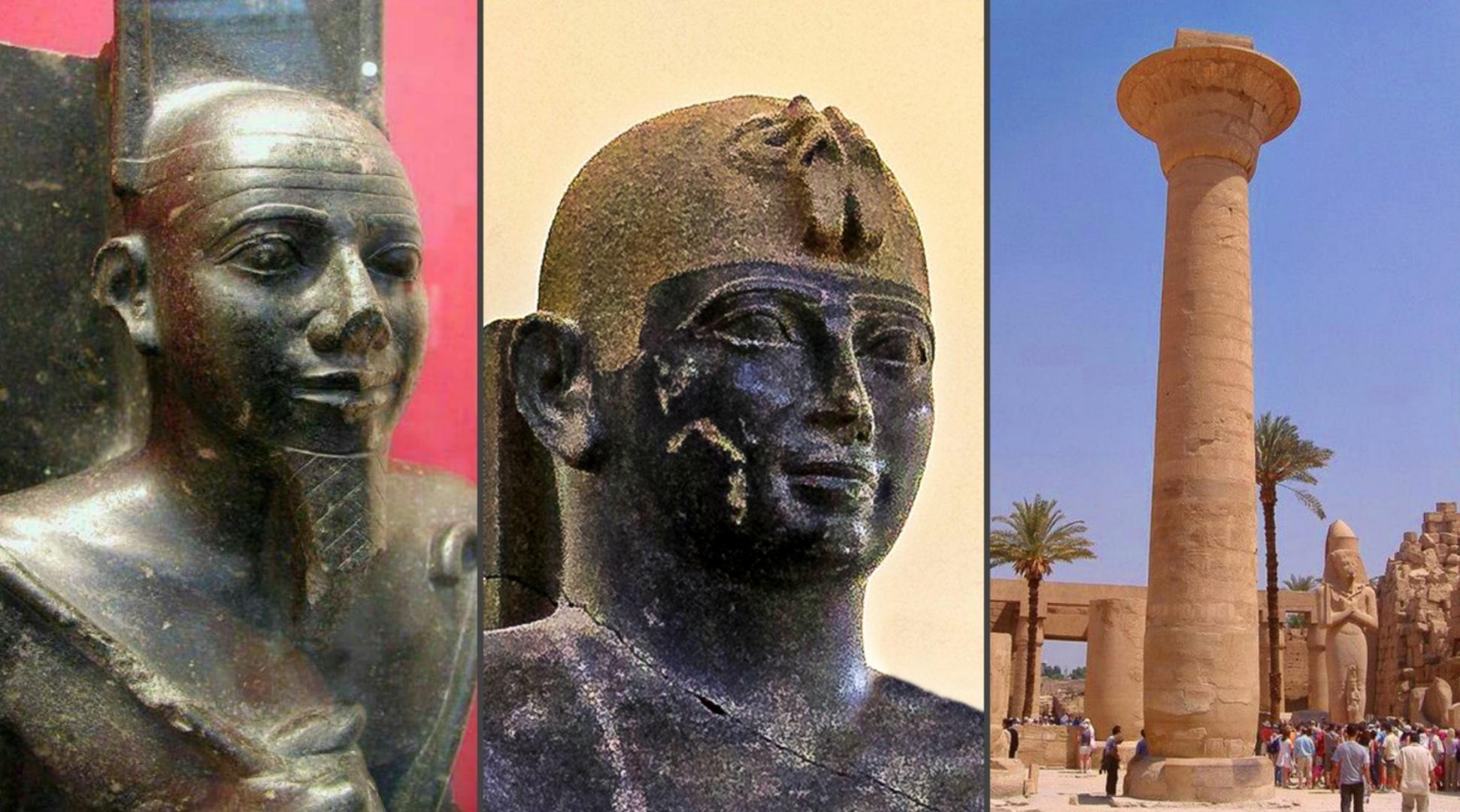Historians have largely ignored Queen Nanny of the Windward Maroons, focusing instead on male figures in Maroon history. The Maroons, on the other hand, hold her in the highest regard. Queen Nanny’s biographical data is sketchy, with her name appearing just four times in written historical documents, and typically in unflattering terms. She is, nonetheless, regarded as the most significant …
Read More »History
Ethiopia minted its own coins over 1,500 years ago
The Aksumite currency was created and used in the Kingdom of Aksum (or Axum), which was located in modern-day Eritrea and Ethiopia. Its mintages were issued and circulated from King Endubis’ reign about AD 270 to the first half of the seventh century, when it began to collapse. Mogadishu currency, issued by the Sultanate of Mogadishu, was the most extensively …
Read More »Ethiopia celebrates New Year in September. Seven to eight years behind rest of the world
Enkutatash is a public holiday in coincidence of New Year in Ethiopia and Eritrea. It occurs on Meskerem 1 on the Ethiopian calendar, which is 11 September (or, during a leap year, 12 September) according to the Gregorian calendar. Celebrations Relatives especially family members gathered and eat meals prepared by chicken’s meat natively called doro wat. Invitations and wishing farewell …
Read More »The history of Queen Nyabinghi, Shamanic priestess of East Africa
Nyabinghi or Nyabingi was a queen in Rwandan, Ugandan, and Tanzanian history. Muhumuza was her first name, which means “one who brings peace.” Then she was given the name Nyabingi, which means abundance in the Runyankole language of the Ankole kingdom, which is located in western Uganda today. To fight the colonialists, she used the elements of fire, water, earth, …
Read More »Hatshepsut, Ancient Egyptian brave Queen Warroir who ruled as a Pharaoh in 1478 BC
Hatshepsut was the fifth pharaoh of the Eighteenth Dynasty of Egypt. She was the second historically confirmed female pharaoh, the first being Sobekneferu. Hatshepsut came to the throne of Egypt in 1478 BC. Hatshepsut was only the second woman to become pharaoh in Egypt’s 3,000-year history, and the first to hold the entire power of the position. Cleopatra, who had similar …
Read More »Bai Bureh, the great African warrior King who led the Temne war against the British in 1898
Bai Bureh (February 15, 1840 – August 24, 1908) was the great Sierra Leonean ruler and military strategist who led the Temne uprising against the British in 1898. His father was a prominent Loko warrior, and his mother was possibly a Temne from the Makeni region. As a young man, he was taken to Gbendembu, a warrior training school, where …
Read More »Meet Mbuti tribe, shortest people in Africa. They call Forest “Mother”, it provide all their needs
The Mbuti people, or Bambuti, are one of several indigenous groups in the Congo region of Africa. Their languages are Central Sudanic languages and Bantu languages. Some hunt in small groups while other Mbuti hunt with nets, which requires large groups of people, including women and children, to drive animals into the nets. Bambuti, also called Mbuti, a group of …
Read More »Queen Regent Hangbe, the founder of fearless female warriors of Dahomey Kingdom
Africa was home to a part of the world’s best heads in the ancient era. African women have played a significant role in the continent’s history. Queens were among the forerunners, commanding their territories with precision and patroitism. Their power has made an everlasting impression in history. Hangbe (or Hangbè, also Ahangbe or Na Hangbe) was the ruler of the …
Read More »King Menelik II, the lion of the Battle of Adwa 1896 where Ethiopian Empire defeated Italian army
Emperor Menelik II was one of Ethiopia’s most illustrious rulers, reigning as King of Shewa from 1866 to 1889 and as King and Emperor of Ethiopia from 1889 until his death in 1913. On August 17, 1884, in Ankober, Shewa, Ethiopia, he was born Sahle Miriam. Woizero Ejigayehu Lemma Adyamo, his mother, was a palace servant, and his father was …
Read More »Taharqa, King of Kush who conquered Egypt & ruled both Kingdoms 690 BC to 664 BC
Taharqa was the son of Piye, the Nubian king of Napata who had first conquered Egypt. Taharqa was also the cousin and successor of Shebitku. He was a pharaoh of the Twenty-fifth Dynasty of Egypt and qore of the Kingdom of Kush, from 690 to 664 BC. He was one of the “Kushite Pharaohs” who ruled over Egypt for nearly …
Read More » The African History Truly African
The African History Truly African
